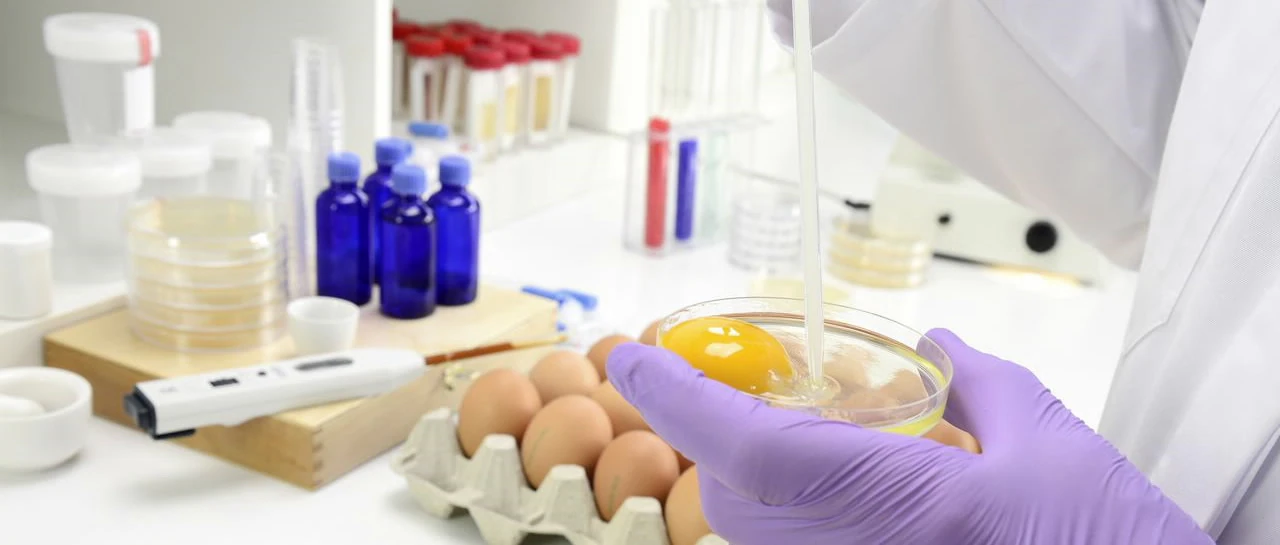USP Food Additive Residue Analysis in Herbal Products
The United States Pharmacopeia (USP) [1] monograph outlines the procedures for analyzing food additive residues in herbal products. This service is critical for ensuring that pharmaceutical-grade ingredients, intended for human consumption, meet strict regulatory standards and do not contain unauthorized or excessive amounts of food additives.
In the context of herbal products, this test ensures that any food additives used during processing are present within acceptable limits set by USP . This is particularly important as many herbal products undergo extensive processing to ensure safety and efficacy. The presence of unintended food additives can compromise product integrity and lead to potential health risks.
The methodology involves a multi-step process that begins with the extraction of the sample, followed by purification and analysis using advanced analytical techniques such as high-performance liquid chromatography (HPLC). This ensures accurate quantification and identification of even trace amounts of food additives. The service also includes compliance checks against international standards like USP to ensure product safety.
The scope of this test is broad, encompassing a wide range of food additives commonly used in the pharmaceutical industry, including preservatives, antioxidants, stabilizers, and colorants. This ensures that all potentially hazardous substances are identified and quantified accurately. The service also includes post-processing checks to ensure that no residues exceed allowable limits as defined by USP .
Compliance with this standard is essential for manufacturers of herbal products seeking regulatory approval in the United States. It helps to maintain brand integrity, consumer trust, and compliance with legal requirements. This service not only ensures that the product meets regulatory standards but also provides a competitive edge by demonstrating commitment to quality and safety.
For R&D engineers, this test is crucial for understanding the impact of food additives on the final product. It allows them to make informed decisions about ingredient selection and processing methods, ensuring that any additives used are both safe and effective. Quality managers benefit from this service as it provides a reliable means of monitoring and controlling the quality of raw materials and finished products.
For procurement officers, this test ensures that they can source ingredients with confidence, knowing that they meet strict regulatory standards. This reduces the risk of purchasing contaminated or substandard materials, thereby protecting both the company and its consumers from potential health risks.
Why Choose This Test
- Ensures compliance with USP , a globally recognized standard for food additive residues in pharmaceutical-grade ingredients.
- Provides accurate quantification and identification of even trace amounts of food additives, ensuring product safety.
- Includes post-processing checks to ensure that no residues exceed allowable limits as defined by USP .
- Serves as a reliable means of monitoring and controlling the quality of raw materials and finished products.
- Reduces the risk of purchasing contaminated or substandard materials, thereby protecting both the company and its consumers from potential health risks.
- Demonstrates commitment to quality and safety, enhancing brand integrity and consumer trust.
- Ensures that any food additives used are both safe and effective, providing R&D engineers with reliable data for ingredient selection and processing methods.
Customer Impact and Satisfaction
The implementation of USP ensures customers receive high-quality herbal products that meet strict regulatory standards. This enhances customer satisfaction by providing them with safe, effective, and reliable products. For manufacturers, compliance with this standard translates to reduced risks of legal issues and potential product recalls.
By ensuring the safety and efficacy of their products, companies can build a strong reputation for quality and reliability. This not only attracts new customers but also retains existing ones, leading to increased customer loyalty and repeat business. The service also supports companies in meeting regulatory requirements, thereby avoiding costly fines and penalties.
In addition, compliance with USP allows manufacturers to stay ahead of industry trends and consumer expectations. This is especially important in the fast-evolving field of natural health products, where consumers are increasingly demanding transparency and accountability from the companies they purchase from. By demonstrating a commitment to quality and safety through this service, companies can position themselves as leaders in their respective markets.
The test also provides customers with peace of mind knowing that the products they use meet strict regulatory standards. This is particularly important for those who rely on herbal products for health and wellness purposes. The reliability and accuracy of this service ensure that consumers can trust the results, leading to greater customer satisfaction and loyalty.
Competitive Advantage and Market Impact
The implementation of USP in food additive residue analysis provides a significant competitive advantage for manufacturers. By ensuring compliance with this standard, companies can differentiate themselves from competitors who may not meet the same stringent requirements. This is particularly important in the highly regulated healthcare industry where consumer trust and safety are paramount.
The service also supports companies in maintaining their market position by providing reliable data that can be used to make informed decisions about ingredient selection and processing methods. This allows manufacturers to stay ahead of industry trends and consumer expectations, ensuring they remain relevant in a rapidly changing market.
In addition, compliance with USP helps companies avoid costly fines and penalties associated with non-compliance. This not only reduces operational costs but also protects the company's reputation and financial stability. The reliability and accuracy of this service ensure that manufacturers can meet regulatory requirements with confidence, reducing the risk of legal issues and product recalls.
The test also provides a foundation for continuous improvement in quality management systems. By regularly analyzing food additive residues, companies can identify areas for improvement and implement changes to enhance product safety and efficacy. This commitment to excellence ensures that manufacturers remain competitive in an increasingly demanding market environment.





